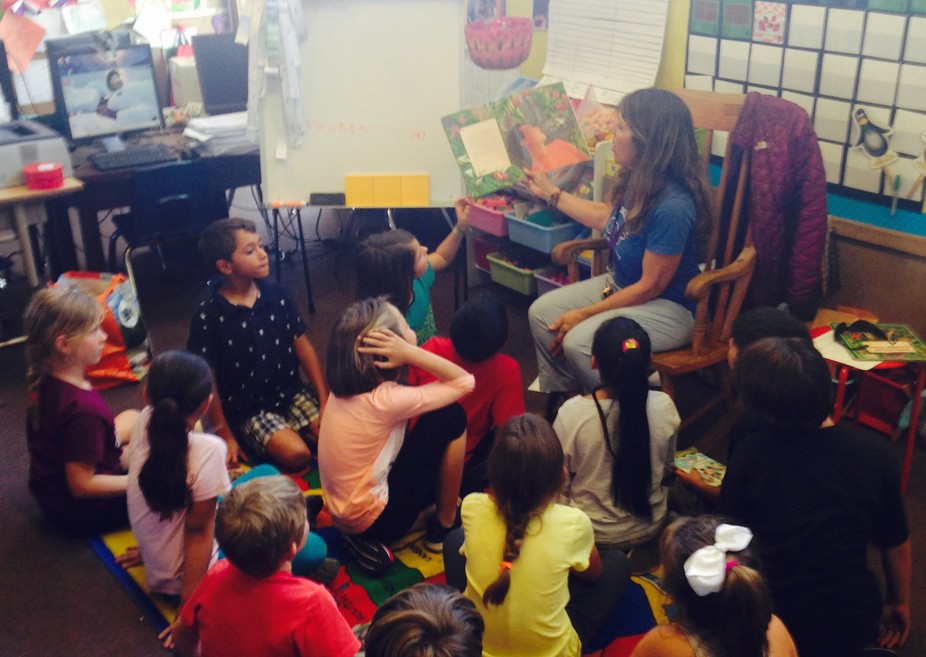9 Challenges Our Students Face in School Today Part III: Bullying & Cyber Bullying

Some students struggle with completing assignments, submitting homework on time, and staying focus in class. However, these struggles may be a part of a greater problem that is not clearly seen by parents, guardians, and educators. 9 challenges students face in school are poverty, homeless families, child abuse and neglect, bullying (including cyber bullying), violence, obesity and eating disorders, sex and pregnancy, suicide, drugs, and dropping out. This article reviews the challenges of bullying and cyber bullying providing ways to recognize and handle these situations.
Bullying is a common problem in schools. Most children have either been bullied or have known someone who has been bullied. Bullying behavior was once considered normal for kids and was not treated seriously. Now, however, teasing and bullying are seen as serious issues that can cause psychological damage in those on the receiving end. A National Center for Educational Statistics (NCES) study conducted in 2010 indicated that 32% of students ages 12 to 18 reported that they had been bullied at school during the school year. These bullying incidents included being made fun of; being the subject of rumors; being pushed, shoved, tripped, or spat on; being threatened with harm; being excluded from activities on purpose; being made to do things they did not want to do; and having their property destroyed on purpose.
The number of children who are exposed to hate-related words—a form of verbal bullying—reveals that racial discrimination is often at the root of this form of bullying. Boys tend to be the recipients of verbal abuse more often than girls, and the spewing of hate-filled language seems to occur more often in the middle grades (7th, 8th, and 9th), and tapers off by 11th grade. Students attending school in rural or urban areas are more likely to be the targets of hate-related language than students attending school in suburban areas.
Other forms of bullying may include name-calling, demanding money or personal belongings, and more serious physical assault. Students in a position to easily exert power over another, such as greater physical size or higher social status, tend to commit these acts. Both boys and girls bully others, although generally in different ways. Boys tend to be more physical, whereas girls tend to engage in social and psychological bullying.
Bullying is no longer confined to the school playground, cafeteria, hallways, or the walk home from school. The newest form of bullying is cyber bullying, which is bullying through the use of electronic media and devices, such as e-mail, text messages, Facebook, and/or Internet chat rooms. The online environment is a place where students may have threatening messages sent to them or embarrassing things said about them, over which students may feel they have no control.
Many schools now have anti-bullying policies in place that address cyber bullying specifically.
Addressing this problem goes beyond a small section in a school handbook. Just as teachers and other school employees are the front line of defense in detecting and preventing child abuse, they serve as the eyes and ears of cyber bullying awareness. Talking openly about the issue of cyber bullying is perhaps the strongest way that educators can prevent it from happening by making victims feel less isolated in their struggles.
Ten Tips for Combating Cyber Bullying
1. Kids who have been the victim of cyber bullying, or know of someone who has, should tell someone they trust, such as a parent, teacher, or police officer.
2. Parents need to get involved and make sure that their school has anti-bullying programs and policies in place.
3. Parents also need to ensure or insist that their school work closely with local law enforcement to put an end to cyber bullying.
4. Parents need to talk with their kids about bullying and cyber bullying.
5. All text messages, emails, and the like that contain, or are evidence of, cyber bullying must be saved.
6. Parents need to tell their kids not to respond to any messages or other forms of cyber bullying.
7. Kids must be instructed never to give out any private information online.
8. It is important to know that kids should not say anything or post anything online that they would not want to be made public.
9. Using a screen name that is different from their email address is the safest way for kids to be online.
10. If cyber bullying is discovered, the child’s family should file complaints with relevant Internet service provider, cell phone company, or website.
Bullying is extremely hard on children. Their grades can suffer, as can their physical and mental health. Many children who are bullied on a regular basis become afraid to go to school, finding any excuse they can to stay home. Some children have committed or attempted to commit suicide when bullying became too overwhelming. Bullying is also detrimental to the bullies, whose low self-esteem benefits in some way from the harm they cause others. Bullies generally do not see the consequences or comprehend the effects of their actions.
One method schools use to decrease bullying is civility training, which instructs students in compassion, kindness, empathy, and community building. This is often done through historical examples of positive behaviors, spending time with individuals who have disabilities, and teaching how it feels to try to walk in “another’s shoes,” by spending a day in a wheelchair, for example.
Bullying and cyber bullying are very serious challenges because of the potential consequences on the victim and person(s) doing the bullying. Be aware of signs or situations that reflect these problems among your students. In the classroom seek to assist your students as best as you can and continue to educate them. Continue to read the other parts of this series to learn more about the challenges students face today.





